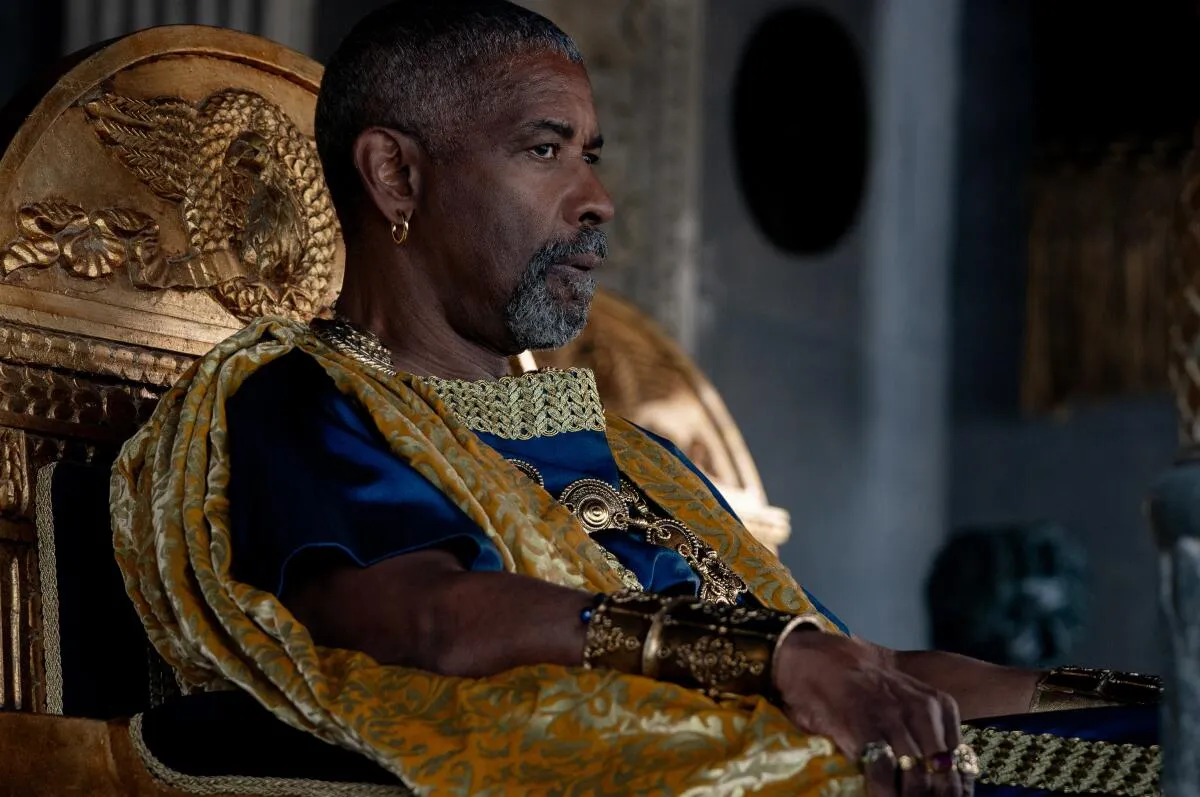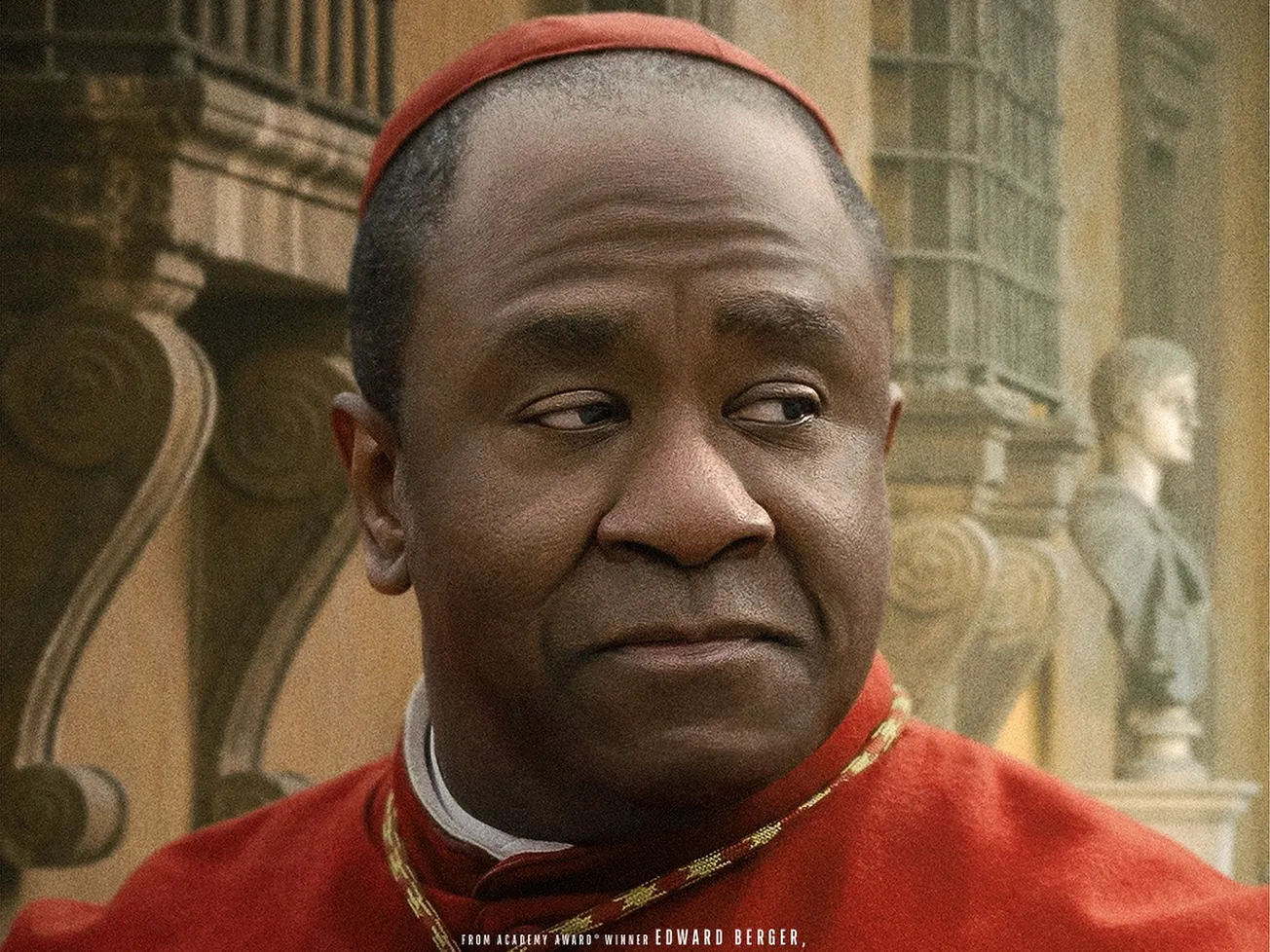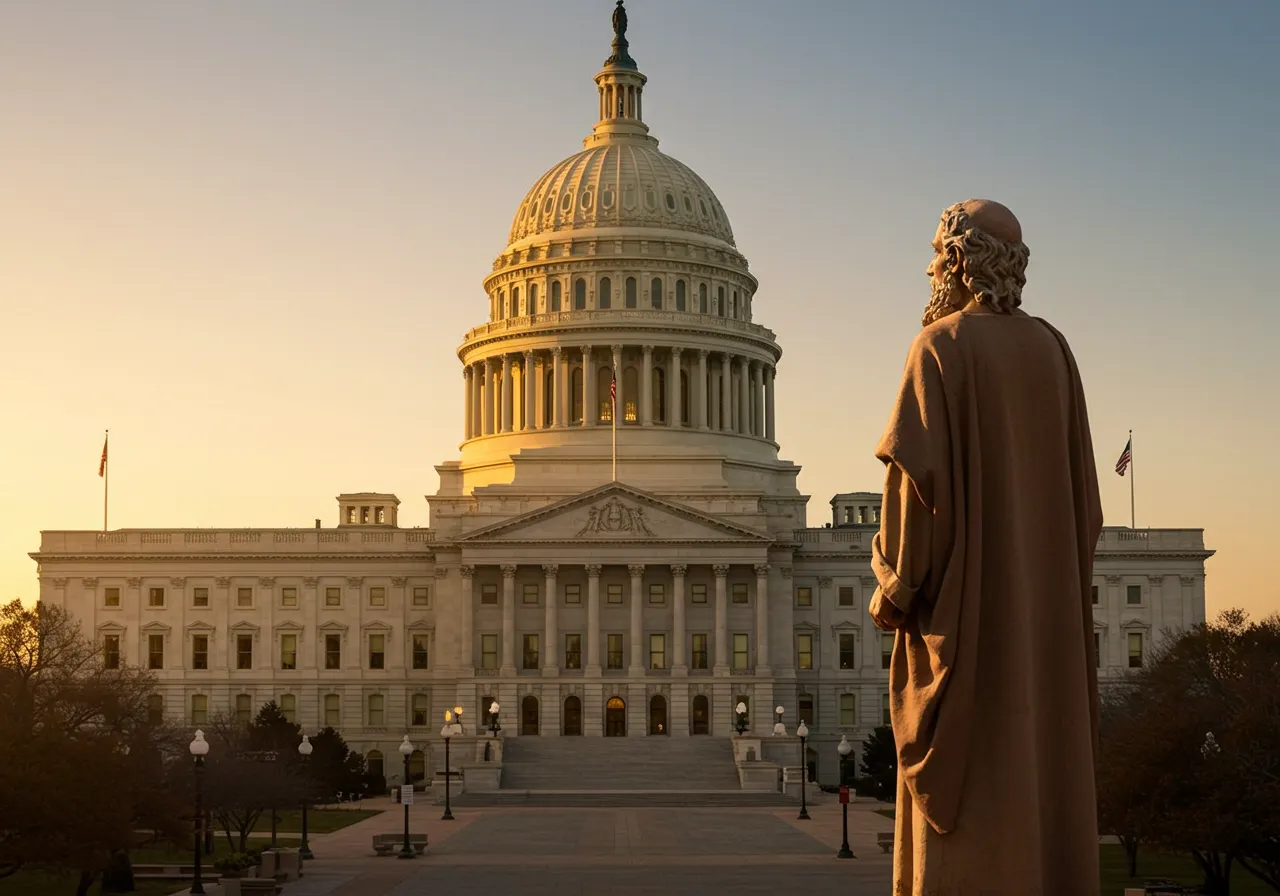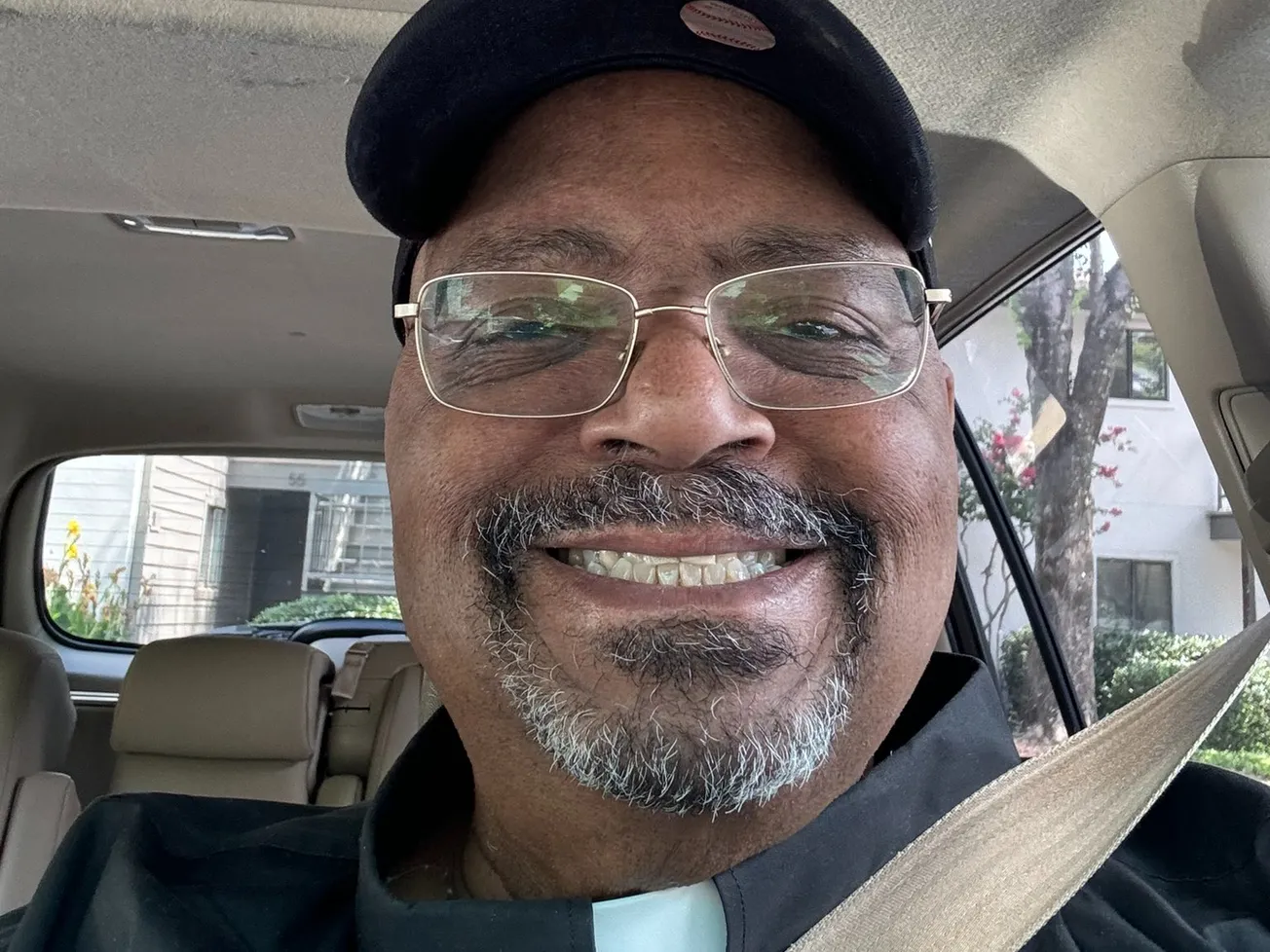My memory is not the greatest, so it's difficult for me to say if my negative views during my youth of the Black Panthers and of the Black Power movement were a result of miseducation or rather of just pure ignorance.
Muhammad Ali, on the other hand, is the greatest—and was betrayed on-screen alongside several prominent figures in the aforementioned movement, in the film "One Night in Miami".
The first few minutes of the film were a bit frightening, not because of the views of my youth (which have since been replaced by more accurate understandings), but because of cinematic quality.
Indeed, the acting and directing in the first few scenes gave me great pause about the accolades for the film that I’ve frequently been reminded of as awards season progresses.
However, these early film jitters soon gave way to substance and impress as the film itself progressed towards the meat of the plot, in which Ali and his interlocutors—Sam Cooke, Malcolm X, and Jim Brown—enter, and are even stuck in, the same room (and emotional space) for an extended period of time, discussing everything from their careers to their activism to their shortcomings.
One of the most striking aspects of the film is the fact that many of their concerns remain unaddressed in 2021, and are still live and repeated issues in the current Black celebrity framework. This is made all the more evident by the current crises in the Black community, which are not much different from those which plague the country in the era depicted in the film.
This is, perhaps, and in its own way, the point.
Some of the dialogue taking place in the apex of the storyline struck me as arresting even to the point of being inflammatory. Honestly, I wondered how a White-owned studio could have picked it up for distribution in the first place. (Amazon is known for its, let's say, eclectic movie rights portfolio, however.)
Most of said rhetoric came from the lips of none other than Malcolm X, portrayed poignantly in the film by the upstart Kingsley Ben-Adir—whose performance somehow managed to escape the nominations of the major award shows.
Leslie Odom Jr's solid (though not comparable) performance as Cooke received most of the accolades, alongside Regina King's forceful directorial debut.
The only portrayals besides Malcolm that stood out were, oddly enough, those of his two bodyguards—especially Lance Reddick, who I would not have been surprised to see given a Best Supporting Actor nod despite his limited dialogue—a la Viola Davis in "Doubt".
(Yes, I thought he was that good.)
Alas, the current state of institutions like the Academy Awards (and perhaps even the Nation of Islam itself) makes it no surprise that authentic portrayals of NOI figures were a no-go for nominations.
A relatively weak performance from lead Eli Goree as Ali threatened to derail the film at times (including the beginning), but was largely buoyed by the above standouts and the steadying—if not thematically stifling—dialogue from Aldis Hodge's Jim Brown.
In all, the film is most valuable for its challenge of Black people toward Black Power and Black freedom, as Malcolm suggests on the silver screen and in the historical record. Additionally, it is fascinating to consider how such a seemingly insignificant encounter between celebrities led to (or at least served as a lynchpin moment for) some of the most independently significant events of Black history in the aptly-named Silent Generation.
That said, I wished the film had attempted to say more in its final scenes, or at least focused on the fates of all of the characters, rather than the more obvious and well-known demise of Malcolm (which it covered with quite jarring pacing).
Less-than-subtle hints throughout the film made it clear that, while the boxer and his internal journey were in some ways the driving force of the narrative, the plot boils down to a martyrdom story centered around Malcolm X—to the exclusion of the worthwhile intricacies of the other characters.
The anti-Black oppression debated so heavily within the film's runtime eventually kills (or, in Brown's case, maims) each of the real-life characters in the end, but the film instead makes Malcolm the suffering Messiah and his confreres the surviving apostles—minus their own crucifixions.
This plays out in that the final scenes focus on each characters' defining moments after their meeting in Miami, but the postscript thereafter focuses only on Malcolm's assassination—leaving out Cooke's (which actually precedes), and making no mention of Ali's fate either.
In this way, Malcolm is the martyr not only of "the cause", but of the film itself. Indeed, by the closing credits, one is left wondering if the night in question ended as idyllically as the film suggests, with loose ends tied so neatly.
But perhaps truth is indeed stranger—and, to steal a line, prettier—than fiction.
Nate Tinner-Williams is co-founder and editor of Black Catholic Messenger, in priesthood formation with the Josephites, and a ThM student with the Institute for Black Catholic Studies at Xavier University of Louisiana (XULA).










